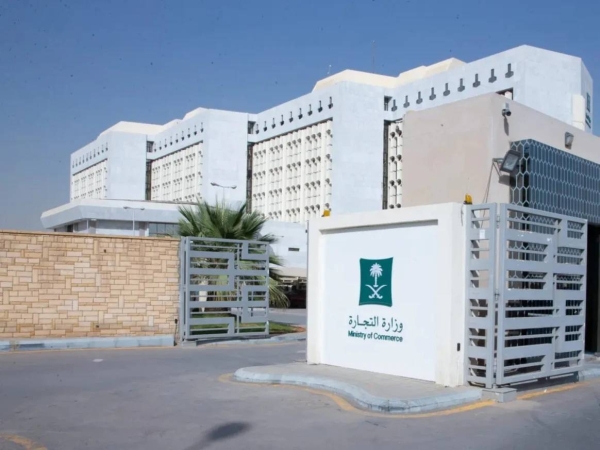The Criminal Court in Riyadh has sentenced a Saudi woman to two months in prison for her involvement in commercial cover-up (tasattur). In addition to her prison sentence, she was fined SR40,000 and faced other penalties such as revocation of her commercial registration, cancellation of her license, liquidation of her establishment’s activity, and collection of zakat, fees, and taxes. The woman was found guilty of violating the Anti-Concealment Law by engaging in commercial cover-up related to contracting activity in Riyadh. The Ministry of Commerce publicly defamed her for her criminal activity, as per the provisions of the law.
Under the Anti-Concealment Law, any individual who enables a non-Saudi to invest or engage in activities that they are prohibited from practicing will face penalties. These penalties can include imprisonment for up to five years, a fine of up to SR5 million, and seizure and confiscation of illicit funds after final judicial rulings are issued against those involved in the crime. This law is aimed at preventing individuals from engaging in commercial cover-up activities and discouraging the exploitation of non-Saudis in business activities that they are not authorized to participate in.
The case of the Saudi woman sentenced for commercial cover-up highlights the seriousness with which the Saudi legal system takes such violations. The penalties imposed on her serve as a deterrent to others who may be engaging in similar illegal activities. By publicizing her criminal activity in the local media at her personal expense, the Ministry of Commerce is sending a clear message that commercial cover-up will not be tolerated and that violators will be held accountable for their actions.
It is essential for individuals and businesses operating in Saudi Arabia to comply with the country’s laws and regulations, including those related to commercial activities. Violating laws such as the Anti-Concealment Law can have severe consequences, as demonstrated by the case of the Saudi woman who was sentenced to prison and fined for commercial cover-up. It is important for individuals to understand the legal implications of their actions and to ensure that they are not engaging in activities that are prohibited by law.
The Anti-Concealment Law plays a crucial role in protecting the rights of both Saudis and non-Saudis engaged in business activities in the country. By penalizing individuals who facilitate commercial cover-up and exploiting non-Saudis in prohibited activities, the law aims to create a fair and transparent business environment in Saudi Arabia. Strict enforcement of this law sends a strong message that commercial cover-up will not be tolerated and that those who violate the law will face consequences for their actions.
In conclusion, the case of the Saudi woman sentenced for commercial cover-up serves as a reminder of the importance of adhering to Saudi Arabia’s laws and regulations when conducting business activities. The Anti-Concealment Law is in place to protect the integrity of the country’s business environment and to prevent illegal activities such as commercial cover-up. By enforcing this law and imposing penalties on violators, the Saudi legal system reinforces the importance of compliance and accountability in business practices. Individuals and businesses operating in Saudi Arabia must be aware of the legal requirements governing their activities and ensure that they operate within the boundaries of the law to avoid facing penalties and legal consequences.











